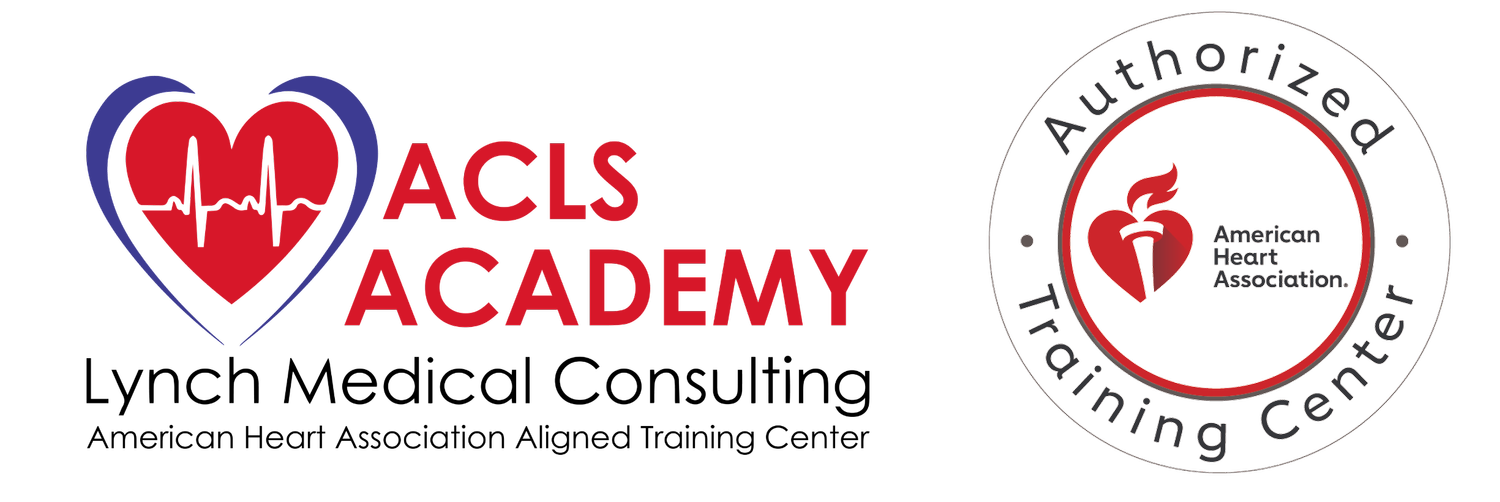So, we all have read and heard heart health recommendations about eating nutritiously, exercising, not smoking, and weight management. Then there is also your familial history of heart disease, which impacts your heart health. However, research has uncovered additional variables affecting our hearts, which may surprise some.
1. Can an annual flu shot benefit your heart?
Yes. For people with heart disease, getting a flu shot is particularly important. Heart disease can lower your body’s ability to fight the flu and increase your likelihood of developing severe complications such as heart attack, pneumonia, and respiratory failure. A yearly flu shot can help prevent complications from the infection and prevent your heart disease symptoms from worsening.
2. Does socializing with others lower your risk of heart attack?
Yes. Studies have found that people who live by themselves are two times more likely to have a heart attack than people who live with a roommate or partner.
Research has long suggested that regular social interaction and connectedness play a significant role in overall health and heart health. One hypothesis explaining this effect is that spending time with friends and family can mitigate stress and fend off depression—both of which are risk factors for heart disease.
Another study found that laughing can protect heart health, as it causes blood vessels to relax and expand, pointing to the health benefits of spending time with close friends.
3. Does one day of the week have a higher heart attack incident rate than the other six days?
Yes, it is Monday. According to research by the British Cardiovascular Society (BCS), serious heart attacks are more likely to occur on a Monday compared to other days of the week. Findings published in the June 2023 research did not identify the reason behind this “Blue Monday” effect. However, past studies showing a greater likelihood of heart attacks at the start of the week have suggested a link with the body's circadian rhythm, which governs our sleep and wake cycles.
4. Can chewing an aspirin as soon as heart attack symptoms help limit heart damage?
Yes. After calling 911, the first thing you should do if you start experiencing heart attack symptoms is chew —rather than swallow whole— a 325-milligram aspirin pill. Aspirin helps break up clots in the bloodstream that may block blood flow to the heart and cause heart muscle cells to die. Breaking up these clots can prevent more heart muscle cells from dying. Chewing the pill is recommended as it causes quicker results than swallowing it.
5. Are women under age 50 more likely than men of the same age to die from a heart attack?
Yes, they are two times more likely. Once thought to be an issue affecting primarily men, heart disease is now recognized as a leading cause of death for women. While men are more likely than women to experience a heart attack—and at younger ages— women who do have heart attacks are more likely to die from them.
One reason women have lower survival rates may be that many women may not recognize lesser-known heart attack symptoms such as fatigue, nausea, and dizziness. Researchers have also found that women may tend to downplay or ignore heart attack symptoms and delay seeking treatment as a result.
6. Do migraines increase your risk of stroke and heart attack?
Yes, in some cases. Some people who get these intense, throbbing headaches may face a heightened risk of stroke and heart attack, according to a recent article published by Harvard Medical School. Women over 45 years old who experienced a migraine with aura had an annual rate of heart attack, stroke, or death from cardiovascular disease slightly higher (3.4 per 1,000 women) than the rate among women who had migraines without aura or no migraines (2.1 per 1,000 women).
Experts still determine what is behind this observation, but one theory points to a shared underlying mechanism. Migraines are thought to result from unusual patterns of electrical activity in the brain caused by sweeping waves of neurons firing and then turning off. A migraine aura may be a manifestation of this phenomenon, which doctors refer to as cortical spreading depression, which may reflect some blood vessel instability that also makes people more prone to cardiovascular issues.
7. Can height affect the health of your heart?
Yes, unfortunately, being short can have an indirect impact on your heart. For every 2.5 inches less than average height, the chance of heart disease increases by about 8%. Shorter people tend to have higher cholesterol and triglyceride levels. How your body controls your height and your "bad" LDL cholesterol and triglycerides may overlap.
8. Mouth hygiene and gum health do not affect your heart health.
False. Mouth hygiene and gum health do affect your heart health. Bacteria from your mouth, including periodontal disease, can get into your blood and set off inflammation in the lining of your arteries, leading to fatty buildup (atherosclerosis). Research shows that treating gum disease can lower the level of an inflammation marker called C-reactive protein in your blood. Doctors use this measurement, along with your cholesterol levels, to predict "cardiac events" like a heart attack.
While many other factors like nutrition, smoking, exercise, obesity, unhealthy cholesterol numbers, and uncontrolled high blood pressure are certainly more impactful than the factors listed above, when it comes to your heart health, understanding all potential risk factors, even the marginal ones, keeps you informed.

